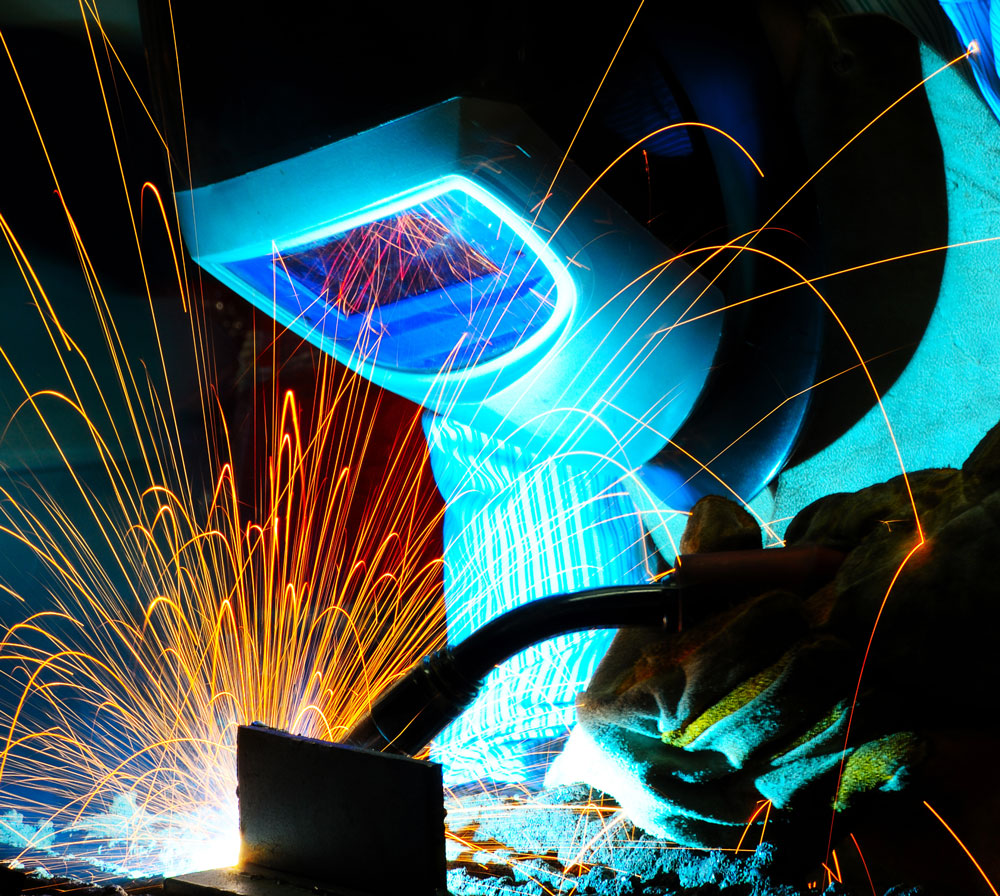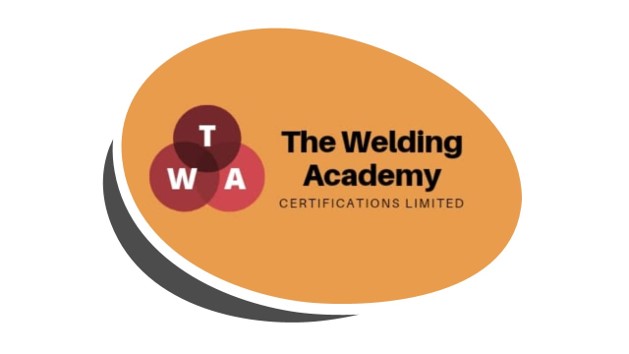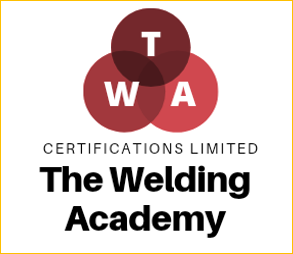4.6/5 stars on Google Reviews
5/5 stars on Facebook Reviews
What is a coded Welder, Multi Coded Welder or Just Coded Welding?
As a coded welder, you will possess the skills required to work in some of the most highly regulated sectors and on a range of safety-critical applications such as pressure vessels and pressure pipework.
So What is a Coded Welder?
A coded welder is a terminology used for an approved welder against a particular standard. The qualification or standard you are approved for will not mention the term coded welder.
The name coded welder is a technical term to describes a time served and skilled welders. Who will have completed a welder approval testing to a specification or standard such as ASME IX.
For the UK approvals are conducted to BS EN ISO standards and for the USA the ASME IX and AWS standard.

Why have Coded Welders?
Applying standards of practice ensure that a welded joint has an acceptable level of quality and integrity required for the job. As a coded welder in the UK you will be working to one of the following:
- National British Standard (BS)
- European British Standard European Standard (BS EN)
- US American Welding Society (AWS) and American Society of Mechanical Engineers (ASME)
- International Standards Organisation (ISO)
Standards for specific industries and job roles:
- Welder Approvals for Pressure vessels – BS EN ISO 9606, ASME Section IX
- Welder Approvals for Process pipework – BS 4872, BS EN ISO 9606, ASME Section IX
- Welder Approvals for Structural fabrication – BS EN 287, BS 4872, BS EN ISO 9606, AWS D1.1/ D1.2/ D1.6
- Welder Approvals for Storage tanks – BS 4872, BS EN ISO 9606, AWS D1.1/ D1.2/ D1.6
Class 1 Welder Coding – BS EN ISO 9606, ASME Section IX
Welder approval testing is carried out by a competent welder observed by a welding inspector. An assessment of the weld quality using non-destructive (X-ray, UT) and mechanical (Bend Tests) testing techniques takes place in a UCAS approved laboratory. Once both elements pass, the welder becomes approved.
Approval tests examine a welder’s skill and ability under pressure. Testing demonstrates that a welding procedures design is fit for purpose, producing a welded joint that will meet the mechanical and quality requirements for the job.
Usually, testing is job-specific. You will be tested to that specification to qualify thus becoming a coded welder.
BS EN ISO 9606, ASME Section IX are appropriate for welders working on pressure vessel, piping, off-shore structures and for other products where the consequences of failure are catastrophic such as structural steel.
Class 2 Welder Coding, BS 4872
In less demanding situations, such as small to medium building frames and non-structural work, an approved welding procedure may not be necessary. However, to ensure an adequate level of skill, welders are often recommended to a less stringent standard such as the BS 4872.
The BS 4872 offers a measure of competence to people who are using welding for maintenance or as a small part of their job role.
Being a coded welder in a particular specification does not cover you for all standards. Each specification requires welder training, welding tests and examination. People who have passed multiple tests for different standards are called multi-coded welder.
Adapted from https://www.twi-global.com/technical-knowledge/job-knowledge/standards-application-standards-codes-of-practice-and-quality-levels-038 BS EN ISO 9606, ASME Section IX
Not sure which course is right for you?
Call 01244 389155
If you’re not sure which course is right please just get in touch and for a no-obligation discussion about the courses.
Fully kitted out welding training centre in Chester, UK
Training is based at our fully kitted out and TWI approved training centre in Chester, in the UK. Although, we can also offer tailored training plans on-site at your business for larger teams with a need for short, intensive training courses.

